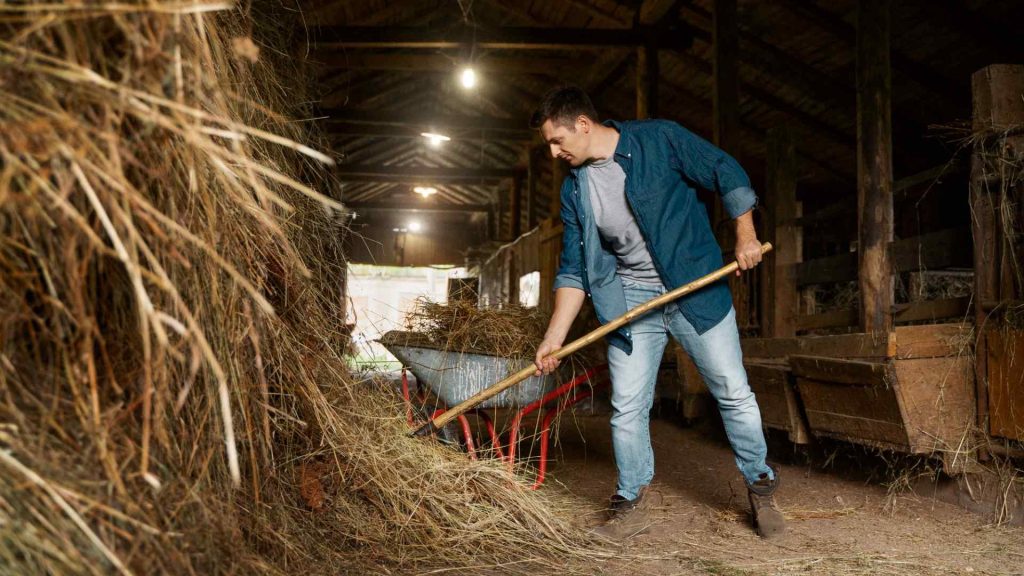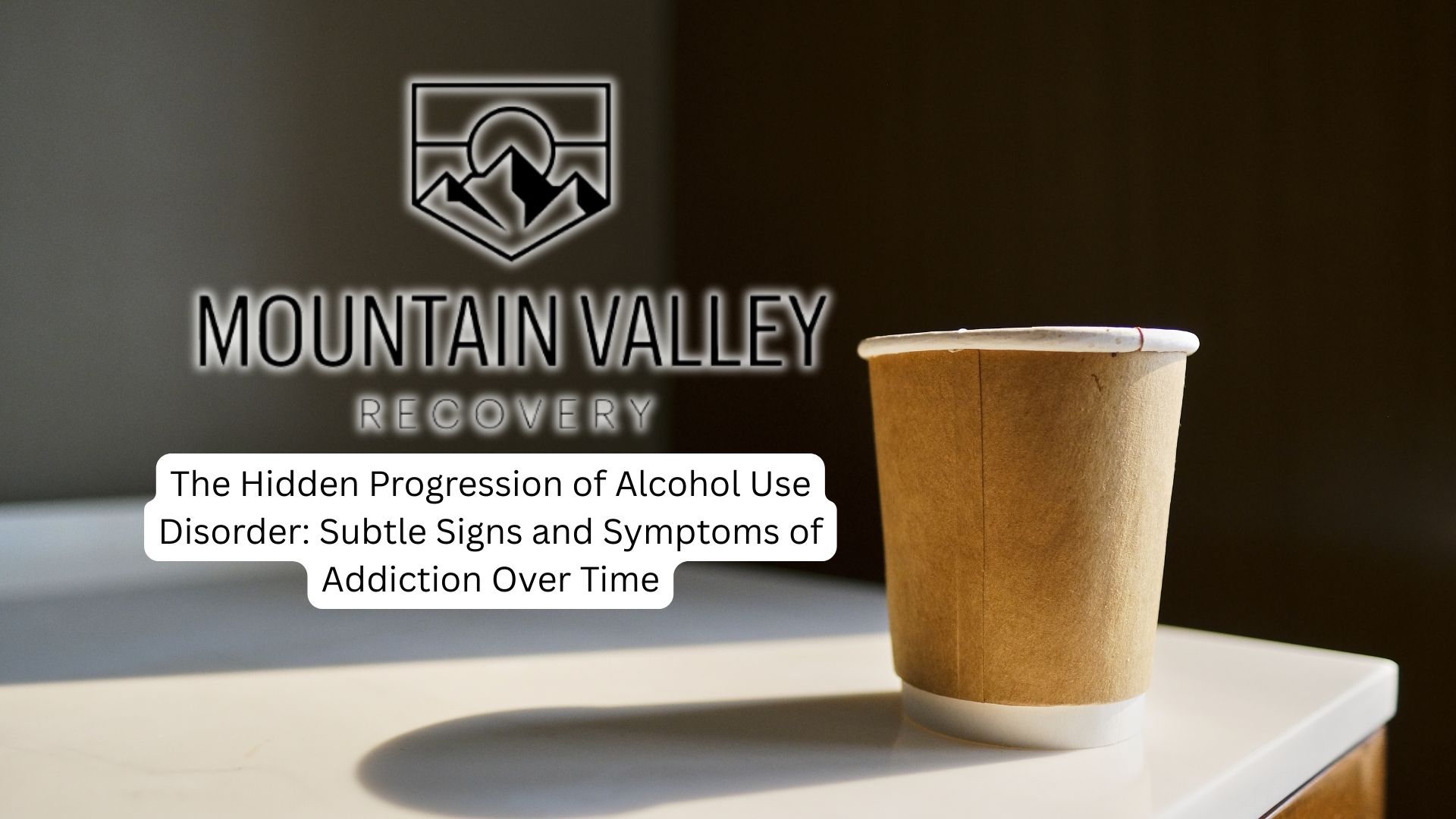Overcoming addiction is a difficult path that demands unwavering commitment, strength, and a comprehensive approach to recovery. For men on this journey, incorporating hard work into their daily routines can be a life-changing element of the process. Hard work not only provides a sense of purpose and structure but also cultivates self-reliance and accountability—essential components that contribute to long-term sobriety.
This article showcases how embracing hard work can be a potent tool for men striving to break free from addiction, emphasizing the psychological, emotional, and practical benefits that support lasting recovery.
Developing a Sense of Purpose
When you engage in meaningful work, whether it’s through employment, vocational training, or community service, you’re investing in your recovery journey and future.
Having a clear goal to work towards each day provides structure and motivation, helping you stay focused on maintaining sobriety. Meaningful work also fosters a sense of accomplishment and pride in your abilities, boosting self-esteem and confidence.
As you develop new skills and contribute productively to society, you’ll find greater fulfillment and satisfaction in life. This renewed sense of purpose acts as a powerful antidote to the feelings of aimlessness and despair that often fuel addiction.
The physical tasks required on our ranch at Mountain Valley Recovery, such as mucking out stalls, baling hay, and feeding livestock, provide opportunities for our residents to ground themselves, find focus, and channel their energy into something positive and constructive.
Building Resilience and Discipline
When you engage in consistent work, you develop a strong work ethic that promotes accountability and personal growth, which are essential for overcoming substance use disorder.
The discipline you cultivate through regular work routines can enhance your self-control, leading to improved decision-making and reduced relapse risk during recovery.
By dedicating yourself to meaningful activities, you establish a sense of achievement that counters feelings of isolation and depression commonly experienced in addiction recovery.
Your commitment to hard work can significantly reduce stressors that may trigger cravings and relapse, thereby supporting your sustained recovery efforts.

Cultivating Self-Esteem and Confidence
Participating in therapeutic workplaces during addiction treatment, which incentivize drug-free performance, allows you to take pride in your contributions, reinforcing a positive self-image.
Building a reputation for reliability among peers through consistent performance creates a supportive environment that boosts confidence and encourages further personal growth.
As you gradually improve in work-related tasks and achievements, you’ll cultivate a sense of pride and accomplishment. These feelings are essential for rebuilding self-esteem during recovery.
Read our full guide for families who have a loved one dealing with substance abuse and need guidance on how to support addiction recovery:
Improving Mental Health and Avoiding Relapse
By establishing a regular routine through work, you’ll develop healthy habits and coping mechanisms that can help you manage triggers and high-risk situations associated with relapse.
Participating in a structured work environment can provide support and social connections that combat feelings of isolation, which are common among those in recovery. The discipline and accountability fostered by a strong work ethic will enhance your self-reliance and confidence, empowering you to face challenges head-on and maintain your commitment to sobriety.
Check out what are the most common reasons for men to relapse with drugs while in recovery.
Translating Skills Into Life Lessons
The discipline and commitment required in the workplace can translate into positive behavior changes, helping you establish healthy routines and cope with triggers effectively. Communication and teamwork skills acquired on the job can enhance your emotional intelligence, allowing you to better recognize and manage your emotions while rebuilding relationships with loved ones.
By translating these skills into everyday life, you’re equipping yourself with the tools necessary to navigate challenges, avoid relapse, and cultivate a fulfilling, sober lifestyle.
Final Thoughts from Mountain Valley Recovery
The physical and mental challenges of ranch life reflect the challenges of the recovery process itself. Although it may not be glamorous, it is authentic and rewarding. At Mountain Valley Recovery, we have faith in the transformative power of this tough, gritty work because we have witnessed how it can change lives. By participating in purposeful work, individuals can improve their mental well-being, develop a supportive social network, and achieve financial stability, all of which play a vital role in reducing the risk of relapse.





